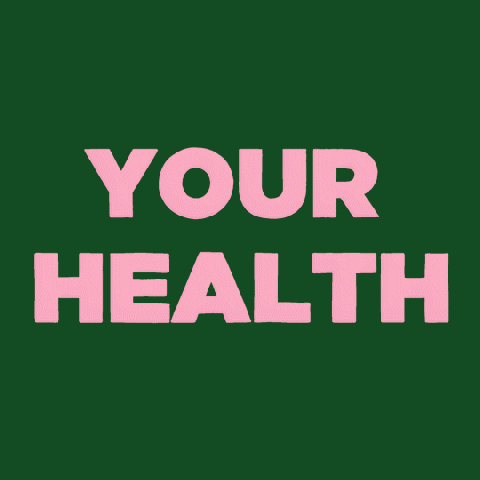How To Google Your Health Symptoms Effectively

If the first thing you do when you feel a sniffle or twinge is head to the internet to try to figure out what’s going on, you’re in good company. Surveys suggest about 90% of patients Google their symptoms before they talk to their doctor.
But it can, of course, quickly go awry. Mental health experts now recognize “cyberchondria” — repeated, compulsive internet searches for medical info that can lead to worry and panic — as a real and troubling phenomenon.
 1. Start with the websites of major health organizations, universities and hospitals
1. Start with the websites of major health organizations, universities and hospitals
Inaccurate health information is, of course, everywhere online. Last year, Dr. Vivek Murthy, the U.S. surgeon general, identified misinformation as a public health crisis ― one that has led to many people eschewing COVID-19 vaccines and mask policies. Before the pandemic, health misinformation directly contributed to measles outbreaks across parts of the U.S.
2. Brush up on some study basics
It’s wonderful and empowering that so much research is now directly available online, often without a subscription through a place like PubMed (the major database for scientific papers). But not all studies are created equal.
3. Check on how your search is making you feel
If you’re searching your symptoms and getting really stressed out, that’s an immediate red flag. Instead of working yourself into a panic, reach out to an actual medical professional who can help provide answers.
 4. Keep track of any sources you find and want to discuss
4. Keep track of any sources you find and want to discuss
As you move through your internet search, be sure to jot down the articles or websites you visit. If a particular study or article is of interest, save it. That way, when you go to your doctor, you bring a list of links that you can discuss together.
 5. When in doubt, talk to an actual health care provider
5. When in doubt, talk to an actual health care provider
At the end of the day, nothing beats going to an an actual doctor, nurse or health care clinic (in person or virtually!) to get answers to the health questions and concerns you have. In fact, Oller said one easy way to know whether you’ve landed at a reputable health website during your search is that those sites tend to direct you to see a health care provider. Credible websites are transparent about the limits of an online search.
https://www.huffpost.com/entry/how-to-google-health-symptoms-goog_l_651480ade4b07c60b51571b5



